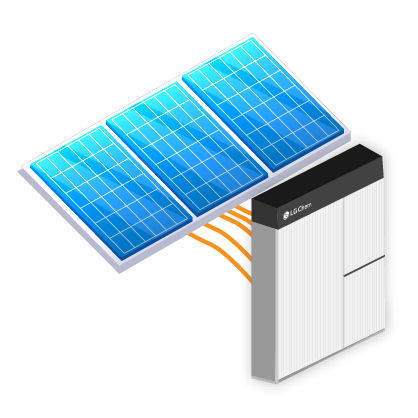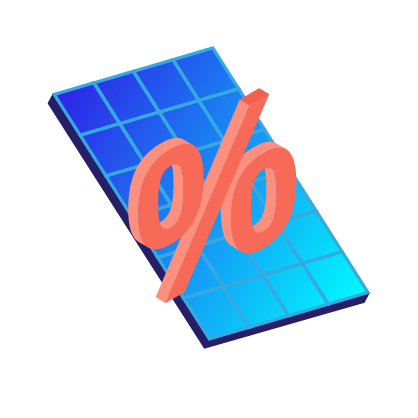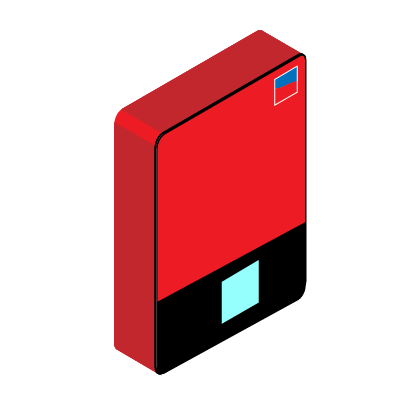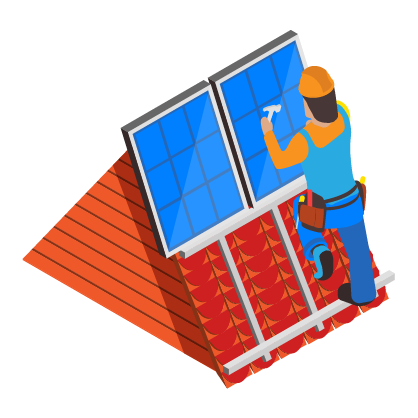Kitty Hawk’s Cora: An Autonomous, Completely Electric Air Taxi Takes Flight
Flying cars have captured society’s imagination as a far-off possibility for decades, but that dream is quickly nearing reality. Earlier this month Silicon Valley startup Kitty Hawk debuted Cora, a self-piloting, completely electric air taxi capable of carrying two passengers.
Kitty Hawk, which is backed by Google co-founder and Alphabet CEO Larry Page, is named for the town where the Wright Brothers first took flight. The company is hoping to use Cora to dominate the emerging airborne taxi market and recently announced an agreement with New Zealand to test planes there for official certification.
Kevin Noertker, CEO of electric flight startup Ampaire, is excited by Kitty Hawk’s development. “Electrification is driving the third revolution of aviation,” says Mr. Noertker, “Although regulatory hurdles are likely a bigger barrier than technology, Kitty Hawk’s partnership in New Zealand is another great example of how the electrification of aviation is a question of when not if.”
A Fleet of “Cora” Air Taxis
Though Kitty Hawk has also worked on personal air transportation devices, Cora is intended to be part of the company’s own commercial network of flying taxis. In fact, Kitty Hawk is already working on an app similar to Uber that would allow users to call an air taxi. Cora’s vertical take-off and landing capability (VTOL) obviates the need for a runway. Below are more of Cora’s impressive features.
- Completely autonomous (doesn’t require a pilot’s license)
- Seats two passengers
- Capable of helicopter-like vertical takeoffs and landings thanks to 12 wing-based propellers
- Flies like a plane once in the sky due to a single rear propeller
- Has three flight computers that safeguard against an individual system failure
- In the event of an emergency, Cora has a parachute that will allow it to safely land
- Has an estimated range of 62 miles per charge with an estimated max speed of 110 mph
- Can fly up to 3,000 feet
Kitty Hawk’s Kiwi Partnership
New Zealand, a country known for their innovation, was a natural choice for Cora’s first partnership. Though Kitty Hawk was initially in talks about testing with the Federal Aviation Administration, the company ended up setting up a New Zealand company – Zephyr – after difficulties around getting testing permissions in the United States.
New Zealand is excited by the prospect of a commercial network of air taxis, especially because the completely electric aircraft has the potential to help New Zealanders reach its goal of zero carbon emissions by 2050. According to Peter Crabtree, the country’s business and innovation ministry, the country “saw Cora’s potential as a sustainable, efficient and transformative technology that can enrich people’s lives, not only in New Zealand but ultimately the whole world.” With 80% of New Zealand powered by renewable energy, the completely electric Cora offers a sustainable path towards creating a sustainable air taxi industry.
Kitty Hawk hopes that a full production version makes it onto the market in around three years, but they are certainly not the only company in the race to launch a commercial air taxi. They face competition from other companies like Uber Elevate and Airbus. Regardless of the first company to successfully roll out an air taxi service, it’s certainly a great time for anyone excited by quick, green transport in the sky!











